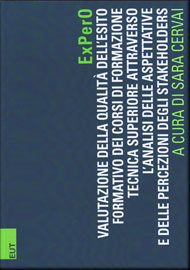Hungarian Loanwords in the Slovak Language III (S-Ž) Supplement
- Rocchi, Luciano
This work is the third and last part of a thoroughgoing study of Hungarian loanwords in Slovak, of which the first two volumes have been published under the auspices of the Scuola Superiore di Lin-gue Moderne per Interpreti e Traduttori (I (A-K), Trieste 1999) and the Dipartimento di Scienze del Linguaggio, dell'Interpetazione e della Traduzione (II (L-R), Trieste 2002). It is the first complete research work covering this subject. Previous studies have hitherto confined themselves to exami-ning only a part of the lexicon or specific semantic fields, whereas L. Rocchi's study encompasses the entire lexical heritage of the Slovak language, including obsolete, regional and dialect terms. Of the Hungarian words from which the Slovak terms originate, etymological illustrations are provided and where these themselves are loans indications given as to their immediate and remote sources. And in cases where the Hungarian word in question has also been borrowed by other languages (such as Croat, Rumanian or Ukrainian) information is provided to that effect.
Hungarian loanwords in the Slovak language may therefore be said to be a mine of information on the diffusion of Hungarian in central-eastern Europe and as such to stand as an invaluable work of reference for anybody interested in linguistic cross-fertilisation in the Danube basin.
- Anno: 2010
- Pagine: 116
- Lingua: en
- ISBN (print): 978-88-8303-294-3
- Editore: EUT Edizioni Università di Trieste











